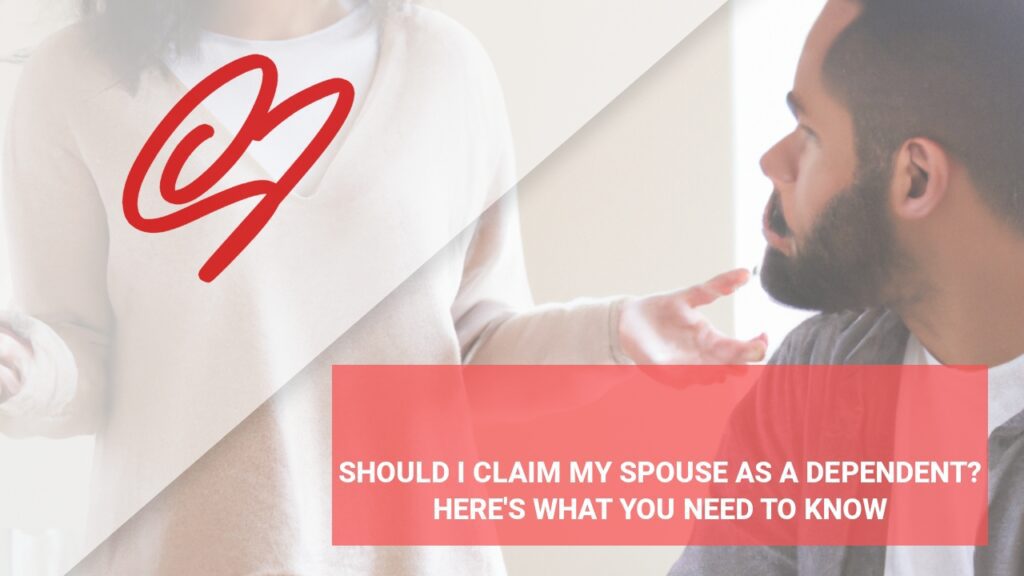Should You Be Liable For Your Spouse’s Debt? What You Need To Know
When you get married, it can be a time of great joy and excitement.
But what about the financial implications? Are you responsible for your spouse’s debt if they rack up credit card bills or take out loans before marriage? It’s an important question to understand, so let’s dive into the details.
Is My Wife Responsible for My Debt?
In most cases, no – unless something has been agreed in writing beforehand.
Generally speaking, each partner is liable only for their own debts incurred prior to marriage (or other formal agreement).
This means that any existing debts are separate and not shared with your spouse or partner after marriage or partnership begins.
If either of you takes on additional debt during the course of the relationship then both parties will likely be held liable as this would be treated as joint borrowing.
However, there may be exceptions depending on where you live and how much wealth/income each person brings into the relationship.
Is My Wife Liable for My Debts After Marriage?
No – not in most cases! As stated above, any existing pre-marriage debts remain solely yours to pay back even after getting married (unless stipulated otherwise by some kind of written agreement).
It is also worth noting that creditors cannot come after your wife if she was unaware that her husband was accruing large amounts of debt prior to their union – this would generally fall under him alone being responsible for paying them off without involving her at all.
Furthermore even if both partners have taken on new joint loans during their time together post-marriage these too will usually still need repaying individually as per usual contractual obligations between lender and borrower rather than through a shared obligation between husband/wife couples themselves (again with possible regional variations).
Does My Debt Affect my Wife?
It depends! If a creditor pursues your wife due to unpaid loan repayments which were originally made by yourself then yes – it could affect her credit score negatively since she is now linked financially to those accounts via association with you as well as potentially leading them seeking legal action against her too should payments continue going overdue without resolution from either party involved in taking out said loan(s) initially i.
e: herself & yourself respectively.
On top of this there may also be further complications depending upon marital status such income tax implications which must also considered when thinking about who exactly might ultimately bear responsibility here – especially so if they’re filing jointly together afterwards.
.
.
What Happens if I Don’t Pay Back My Debts After Divorce ?
If one spouse decides not pay back his/her pre-divorce debts , then creditors may pursue collection action against both spouses until full repayment has been received regardless whether divorce proceedings had already started or finalized yet ! In many states , courts can award judgmental liens against assets owned jointly by two spouses , including real estate property , cars etc.
.
These liens allow creditors access funds owed directly from asset sales – meaning exes are unable escape owing money towards former partners’ financial obligations simply because divorce papers had already been signed.
The only way around these types liens typically involves lengthy court battles over ownership rights.
.
.
something very few people want confront especially during emotional times like divorces !
What Can I Do To Protect Against Liability From Spousal Debt ?
The best way protect oneself from becoming liable spousal debt is enter into marriages clear understanding regarding finances & liabilities.
Additionally having separate accounts & contracts drawn up clearly stating who owns what assets helps alleviate confusion later down road should things go sour unexpectedly.
Couples should also consider setting limits how much individual spending allowed within family budget ; doing so ensures neither party goes overboard purchasing items beyond their means while preserving long term stability household bank account balance sheets overall.
.
.
which makes everyone better off !

